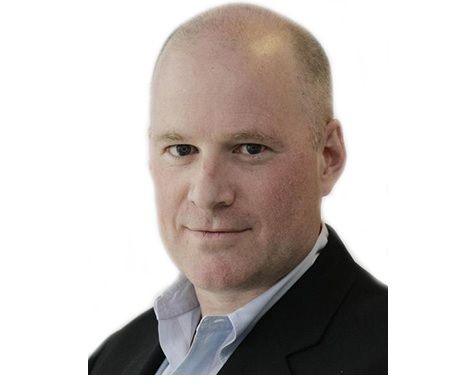There is a striking parallel between the US health system, in which there is a marked unwillingness to speak frankly with dying patients about the costs and benefits of heroic measures, and the global banking system, in which the largest too-big-to-fail banks exist in a strange reality in which death is discussed endlessly but still practically impossible.
Both systems produce perverse outcomes at great and unnecessary costs. In medicine, our unwillingness to take a clear eyed view of death’s inevitability, leads many to an even more miserable, protracted end, and one in which outsized resources are used. In banking, the existence of too-big-to-fail banks creates private gains at public expense, all while leading to a mis-allocation of capital in favor of large banks at the expense of capital markets and, essentially, everyone else.
Despite having been mandated four years ago in the Dodd-Frank banking reform act, so called living wills, documents explaining the mechanics of how a big bank could cease to be, have never arrived in credible form.
“Where are the living wills?” Simon Johnson, economist and professor at Massachusetts Institute of Technology told a panel held on Sunday by the International Monetary Fund.
“Where are the documents mandated by Congress that are supposed to show how we will handle the failure of a large global complex interconnected bank?”
In August the Federal Reserve and Federal Deposit Insurance Corp. rejected plans put forward by 11 huge US and foreign banks, with the FDIC deeming them “not credible”.
The plans “demonstrate little ability to cope adequately with failure without some form of government support,” FDIC Vice Chairman Thomas Hoenig said at the time. “The economy would almost surely go into crisis.”
And yet, some leading financiers continue to argue against the entire concept of living wills.
“I’m against the whole definition of living wills. I think we need to find ways of keeping people alive,” Larry Fink, chief executive of asset manager BlackRock Inc said at the same panel at which Johnson argued that they were key.
Keeping people, or banks, alive is great, but doing so without a clear plan for under what circumstances and how they would be allowed to die is costly and wrong.
It all puts me in mind of an old Monty Python sketch in which a kind-hearted king seeks to shelter his young daughter from reality by outlawing death in his realm, only to see her forced to take her law-breaking former dog out for a “drag”.
The cost of capital
It could be argued that Japan and much of Europe have been dragging their banks around, at great effort and with little reward, for years. A system in which banks, even the largest, are widely and credibly viewed as mortal, will function better and produce more growth on Main Street as well as Wall Street.
One of the difficulties of the drive for safer banks is that while many institutions need and want to raise capital, the price investors are willing to pay for a dollar of given banking earnings is quite low, both in historical terms and compared to other industries. It is tough to attract lots of new capital to an industry which, once it has the capital it needs, will be less profitable on a per share basis.
Credible living wills may be a key step towards making bank earnings more valuable to investors, and high levels of capital more achievable. Once we have clarity on how the largest banks might die, and how much and of what sort capital they will be forced to hold, investors will have an easier time pricing the risks associated with holding their shares. Easier to price risks generally pay a lower premium than amorphous ones.
“We need to shift banks towards a lower expected return on equity and less risk,” MIT’s Johnson said.
Part of the reason bank shares are so cheap is that banks have a terrible habit of blowing themselves up at irregular intervals. Investors hate volatility and therefore will pay more, maybe a lot more, if they believe that banks, heavily and clearly regulated under well understood rules, are now less likely to self-destruct.
This is a complex issue, but to the extent that banks operate in a simpler way, their managers will have a better chance of controlling self-interested risk-taking by employees, something which should also make those new lower earnings more valuable. Thus by operating more safely, we get a virtuous cycle of predictable outcomes and higher equity prices.
Preparing honestly for death is the first and probably obligatory step.
